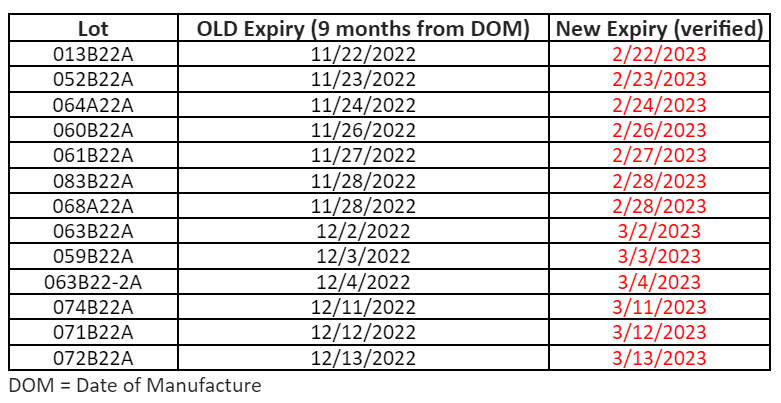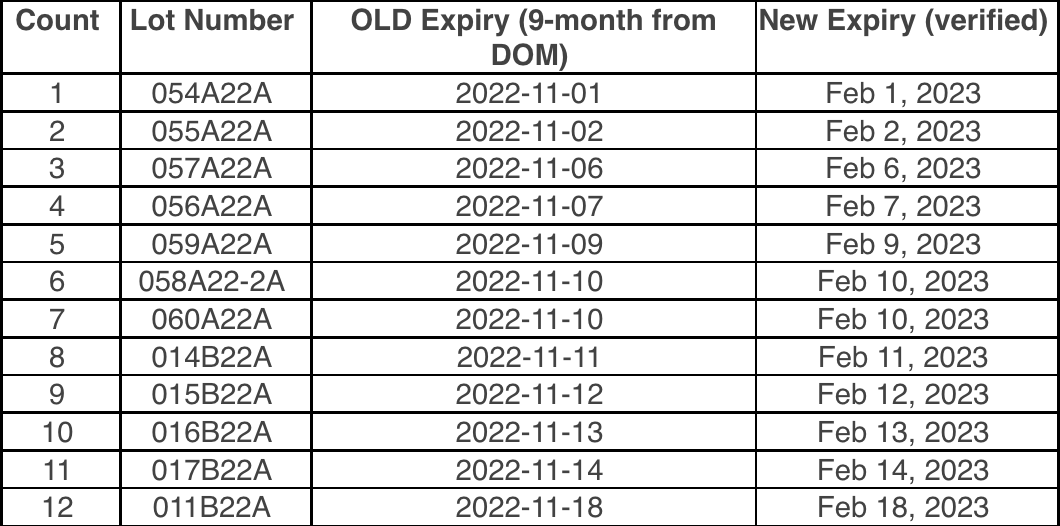Mpox Vaccination Update: Intradermal or Subcutaneous Regimen Permitted
Mpox Vaccination Update: Intradermal or Subcutaneous Regimen Permitted
The U.S. Department of Health and Human Services (HHS) and the CDC have updated the mpox provider agreement to allow for both an intradermal and subcutaneous route of administration to be used for mpox vaccination. There is reported vaccine hesitancy due to concern over possible hyperpigmentation or scarring following intradermal administration. This change highlights that concerns about intradermal administration should not be a barrier to vaccination.
At the height of the outbreak, the intradermal route was preferred because it increased the number of available vaccine doses, while safely providing a similar immune response against mpox. However, mpox providers now have the flexibility to offer the intradermal or subcutaneous regimen based on optimal vaccine use and acceptance, feasibility of administration, and available vaccine supply. Both subcutaneous and intradermal vaccine regimens provide a safe immune response against mpox.
For more information view the CDC’s interim clinical considerations for JYNNEOS.
Thank you for the work you are doing to promote vaccination against mpox in Philadelphia.


